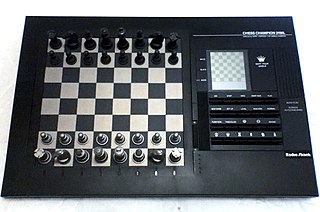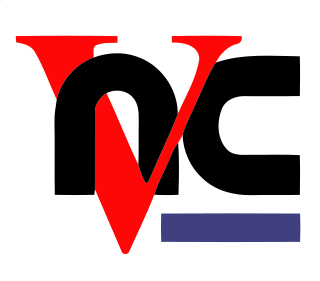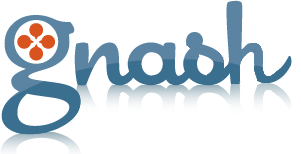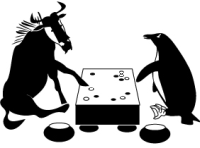
Free software is computer software distributed under terms that allow users to run the software for any purpose as well as to study, change, and distribute it and any adapted versions. Free software is a matter of liberty, not price; all users are legally free to do what they want with their copies of a free software regardless of how much is paid to obtain the program. Computer programs are deemed "free" if they give end-users ultimate control over the software and, subsequently, over their devices.

The GNU Debugger (GDB) is a portable debugger that runs on many Unix-like systems and works for many programming languages, including Ada, C, C++, Objective-C, Free Pascal, Fortran, Go, and partially others.

gnuplot is a command-line and GUI program that can generate two- and three-dimensional plots of functions, data, and data fits. The program runs on all major computers and operating systems . It is a program with a fairly long history, dating back to 1986. Despite its name, this software is not part of the GNU Project.

Computer chess includes both hardware and software capable of playing chess. Computer chess provides opportunities for players to practice even in the absence of human opponents, and also provides opportunities for analysis, entertainment and training.

XBoard is a graphical user interface chessboard for chess engines under the X Window System. It is developed and maintained as free software by the GNU project. WinBoard is a port of XBoard to run natively on Microsoft Windows.

GNU Chess is a free software chess engine which plays a full game of chess against a human being or other computer program. The goal of GNU Chess is to serve as a basis for research. It has been used in numerous research contexts.

Computer Go is the field of artificial intelligence (AI) dedicated to creating a computer program that plays the traditional board game Go. The game of Go has been a fertile subject of artificial intelligence research for decades, culminating in 2017 with AlphaGo Master winning three of three games against Ke Jie, who at the time continuously held the world No. 1 ranking for two years.

In computing, Virtual Network Computing (VNC) is a graphical desktop-sharing system that uses the Remote Frame Buffer protocol (RFB) to remotely control another computer. It transmits the keyboard and mouse input from one computer to another, relaying the graphical-screen updates, over a network.

The SWORD Project is the CrossWire Bible Society's free software project. Its purpose is to create cross-platform open-source tools—covered by the GNU General Public License—that allow programmers and Bible societies to write new Bible software more quickly and easily.

In computer chess, a chess engine is a computer program that analyzes chess or chess variant positions, and generates a move or list of moves that it regards as strongest. A chess engine is usually a back end with a command-line interface with no graphics or windowing. Engines are usually used with a front end, a windowed graphical user interface such as Chessbase or WinBoard that the user can interact with via a keyboard, mouse or touchscreen. This allows the user to play against multiple engines without learning a new user interface for each, and allows different engines to play against each other. Many chess engines are now available for mobile phones and tablets, making them even more accessible.

Scanner Access Now Easy (SANE) is an application programming interface (API) that provides standardized access to any raster image scanner hardware.

Fast Light Toolkit is a cross-platform widget library for graphical user interfaces (GUIs), developed by Bill Spitzak and others. Made to accommodate 3D graphics programming, it has an interface to OpenGL, but it is also suitable for general GUI programming.

Gnash is a media player for playing SWF files. Gnash is available both as a standalone player for desktop computers and embedded devices, as well as a plugin for several browsers. It is part of the GNU Project and is a free and open-source alternative to Adobe Flash Player. It was developed from the gameswf project.

UltraVNC is an open-source remote-administration/remote-desktop-software utility. The client supports Microsoft Windows and Linux but the server only supports Windows. It uses the VNC protocol to control/access another computer remotely over a network connection.

Linux is a family of open-source Unix-like operating systems based on the Linux kernel, an operating system kernel first released on September 17, 1991, by Linus Torvalds. Linux is typically packaged in a Linux distribution.
This page is a comparison of notable remote desktop software available for various platforms.















